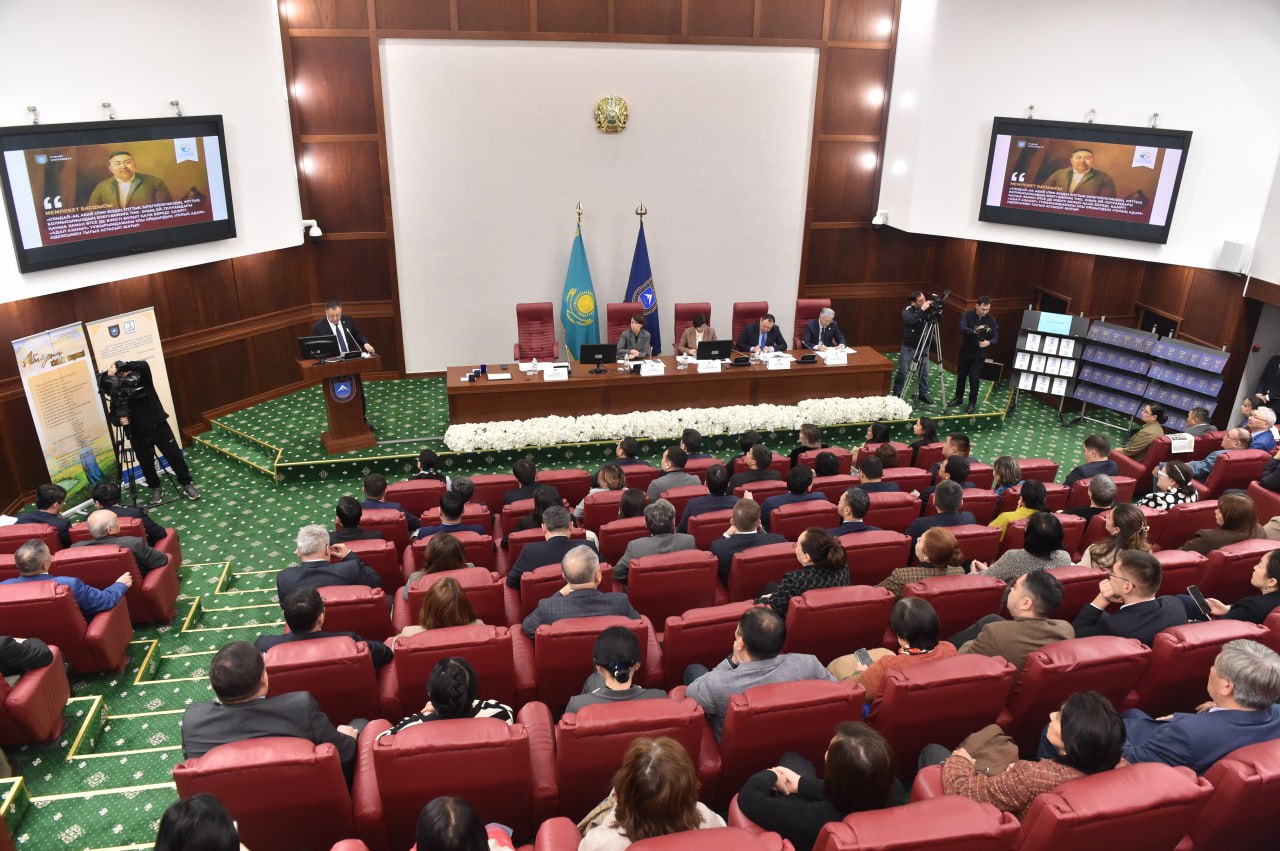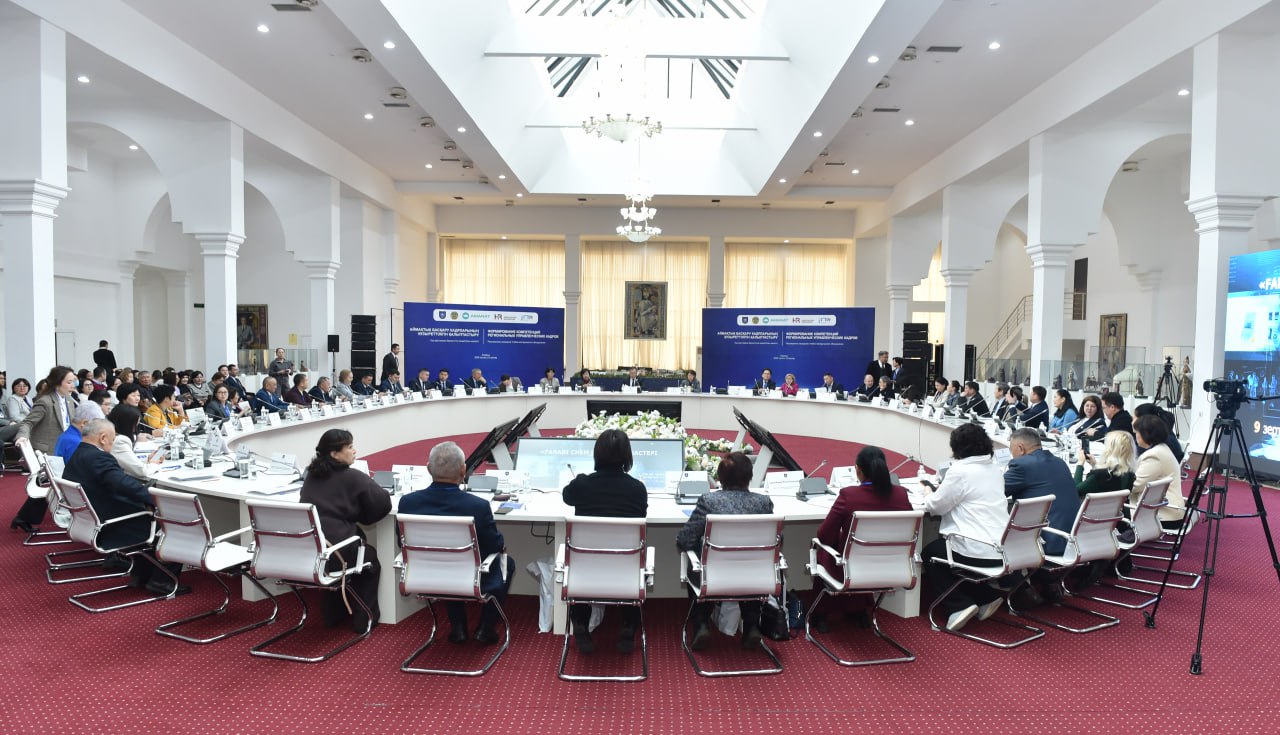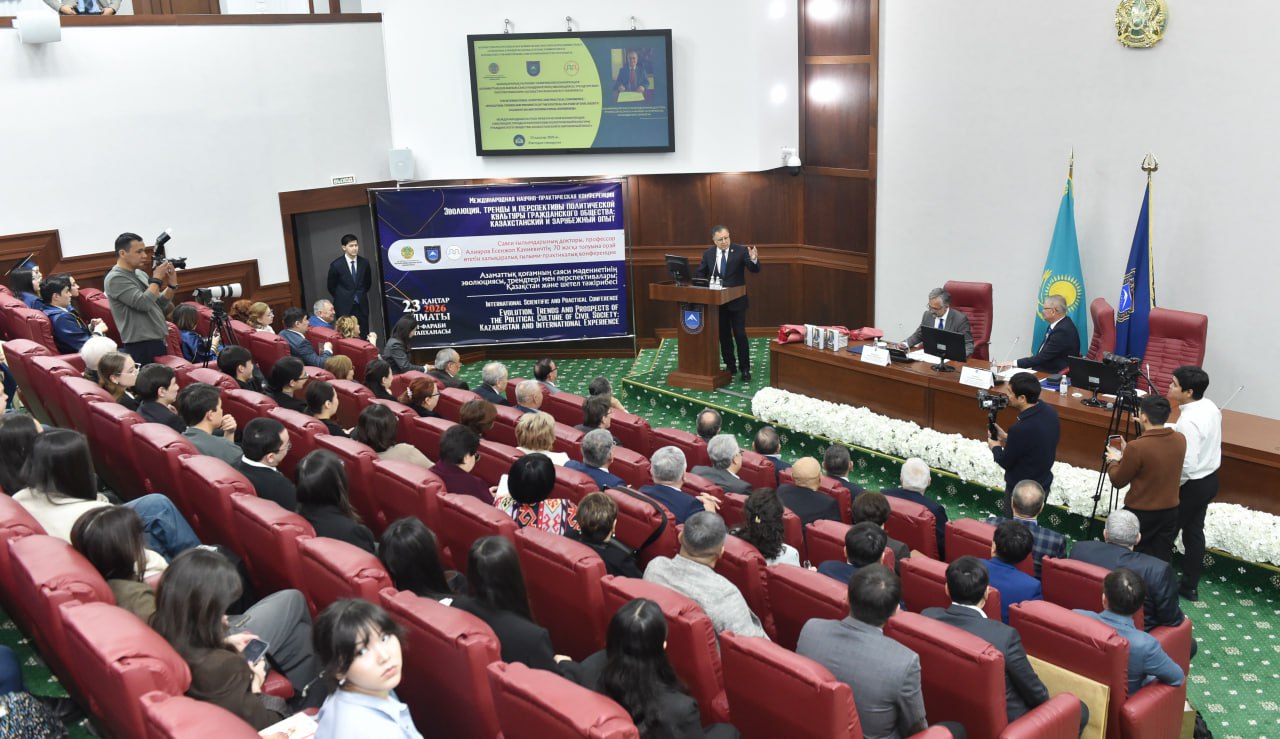Exchange of experience with Malaysian Islamic scholars
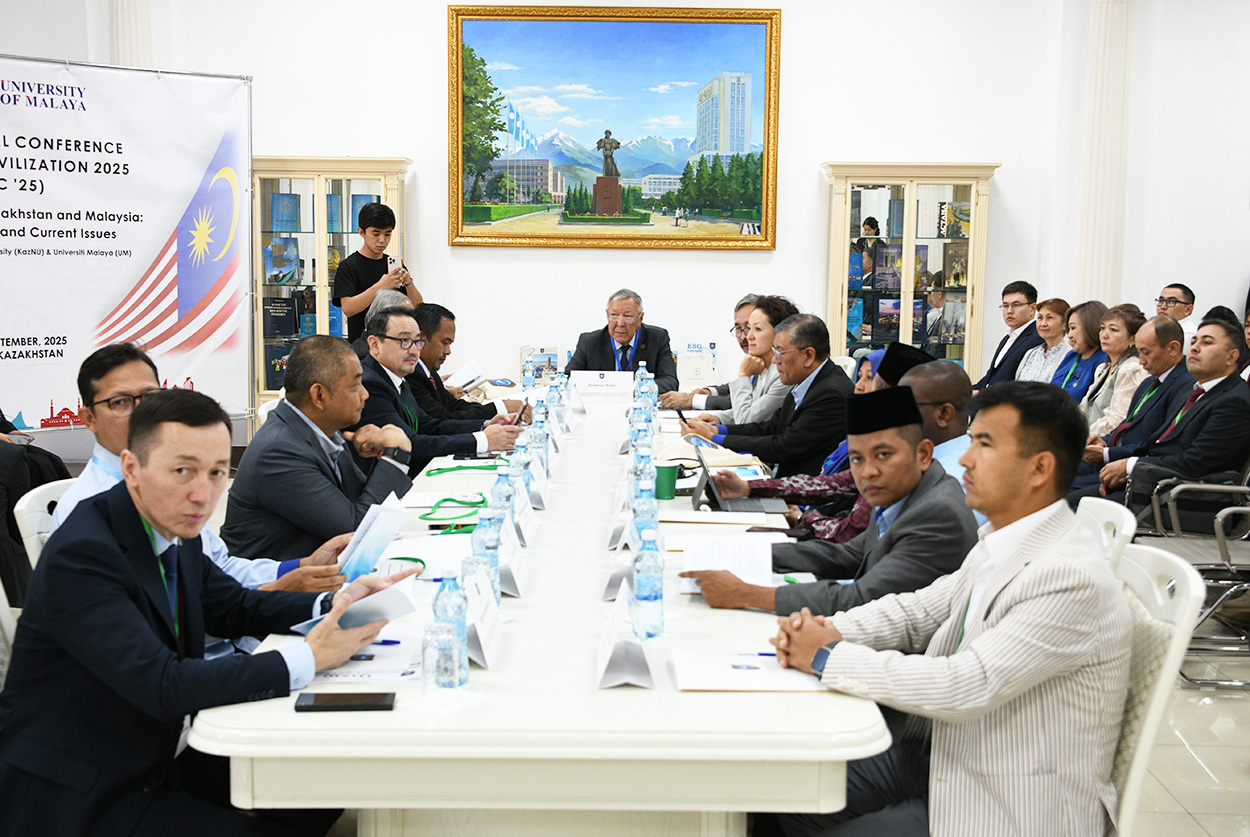
The international scientific and practical conference "Islamic Studies in Kazakhstan and Malaysia: common features and topical issues" was held at al-Farabi Kazakh National University.
The purpose of the large-scale event, organized by the Department of Religious Studies and Cultural Studies of the Faculty of Philosophy and Political Science of KazNU, was to compare the development of Islamic studies in Kazakhstan and Malaysia, to identify common characteristics and differences. The conference aims to promote SDG 4 – "Quality education" and SDG 17 – "Partnership for Sustainable Development".
The conference was attended by scientists from the Faculty of Philosophy and Political Science of Al-Farabi Kazakh National University, researchers from the University of Malaya (Kuala Lumpur, Malaysia) and other higher educational institutions. The moderator of the plenary session was: Dean of the Faculty of Philosophy and Political Science of al-Farabi Kazakh National University Bekzhan Meirbayev.
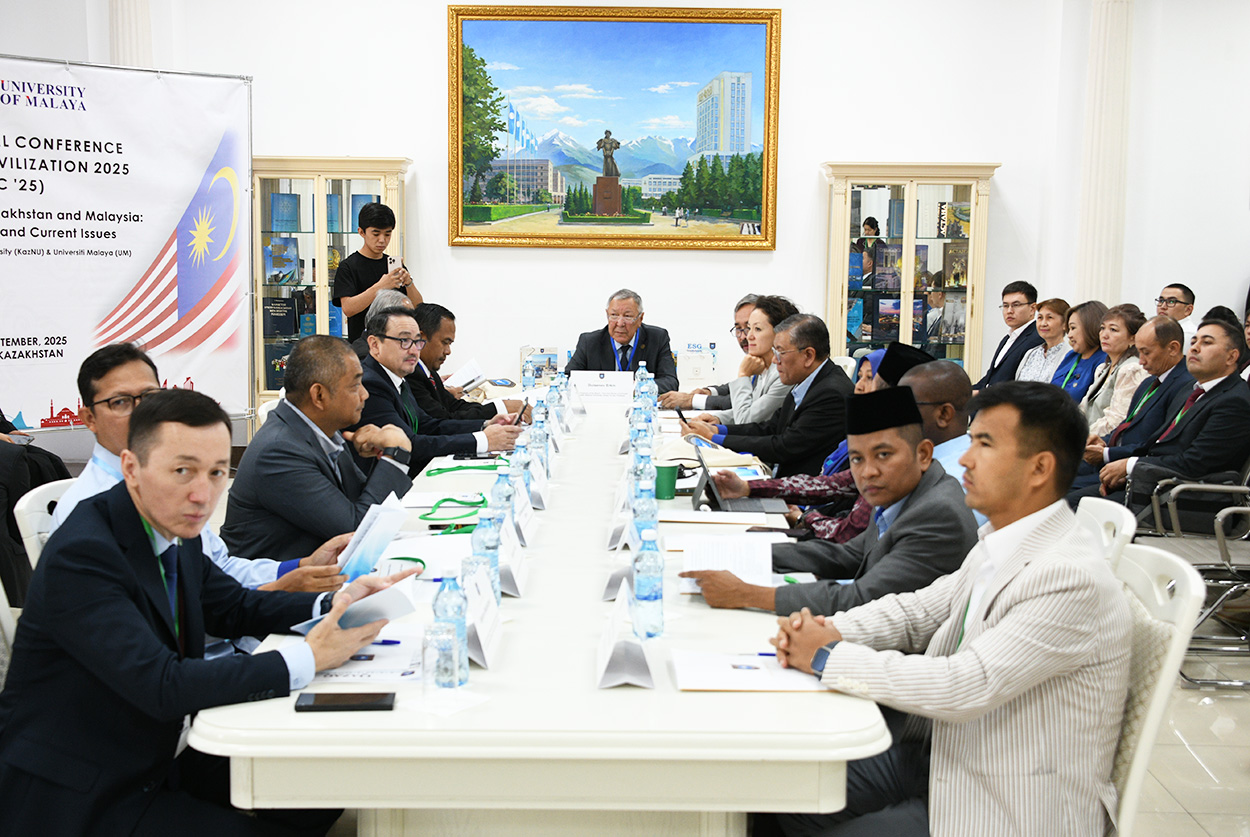
Yerkin Duissenov, Deputy Chairman of the Board and First Vice–Rector of Al-Farabi Kazakh National University, addressed the participants in a welcoming speech. Special emphasis was placed on international cooperation with leading universities in Malaysia, with which eight partnership agreements have been concluded to date.
In his welcoming speech, the Dean of the University of Malaysia, Mohd Fawzi Hamat, thanked the university administration for the warm welcome and organization of the conference. "Such scientific forums bring our countries closer together and strengthen partnerships. Islamic studies is a deep topic in which scientists of our countries draw inspiration from studying Islamic civilization. The joint efforts of scientists from our countries help to establish a dialogue between cultures and move science forward. The conference will help achieve significant results in comparative Islamic studies",- said Mokht Fawzi.
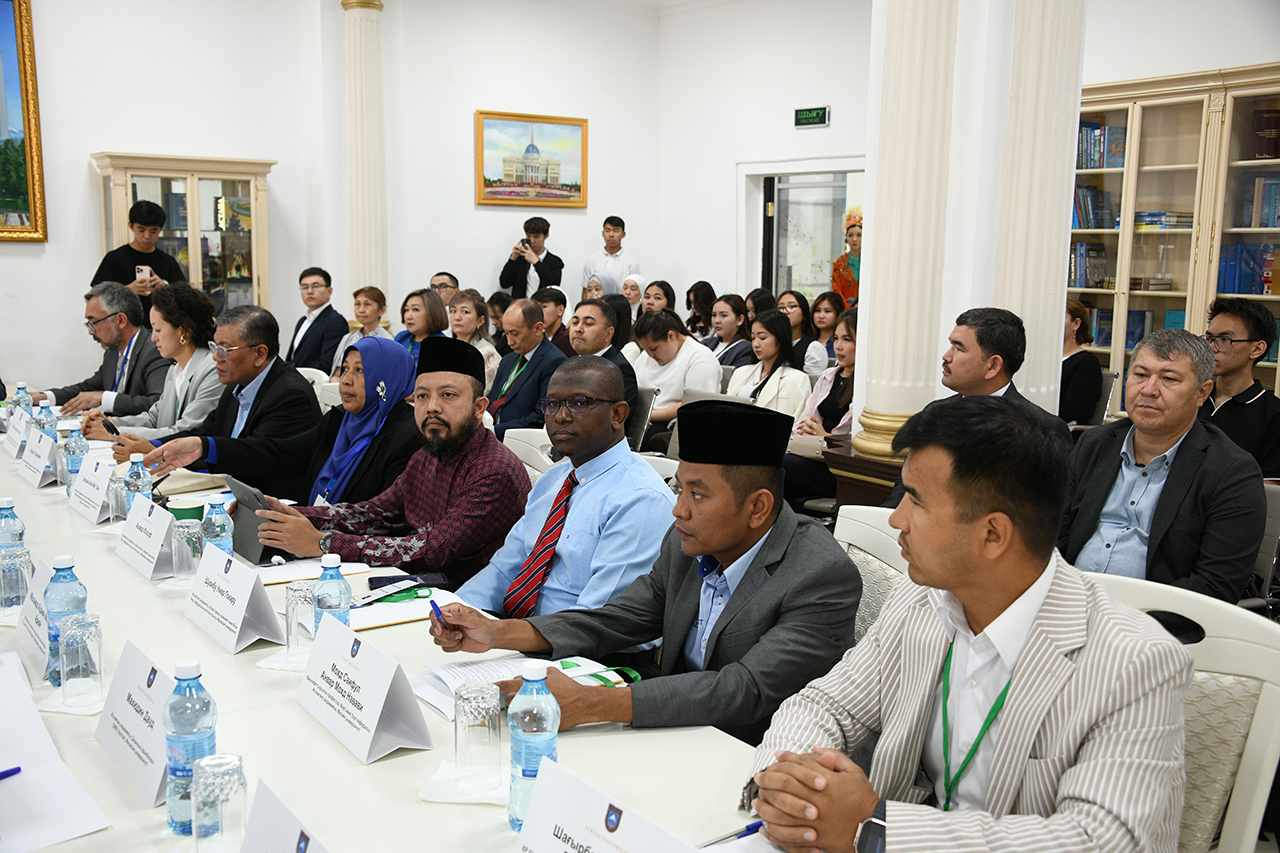
Ershat Ongar, Vice-rector of the Nur-Mubarak University of Islamic Culture, Nurlan Kikimov, representative of the Almaty Department of Religious Affairs, Torali Kydyr, Director of the DUMK Research Institute, and others also addressed the plenary session.
The conference continued within the framework of sections where scientists discussed issues of supporting interfaith dialogue and tolerance, comparing religious education systems in Kazakhstan and Malaysia, the impact of religious education on society and the state, and the historical and cultural aspects of Islamic values.
Press-service of Al-Farabi Kazakh National University
